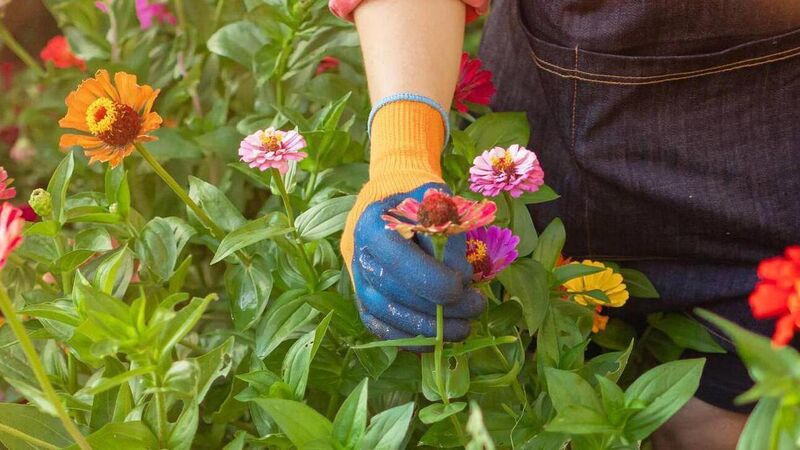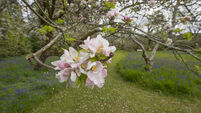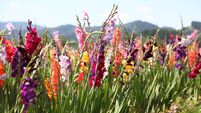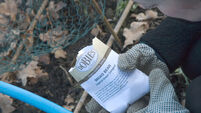Peter Dowdall: Let's get down and dirty and hand-weed gardens

Time to don the garden gloves. File pictures
Spring has sprung bringing promise — but also the dreaded weeds.
Traditionally many people used weedkillers to kill weeds in the garden and glyphosate is the active ingredient in the vast majority of weedkillers available for domestic use. But many studies have shown a possible link with cancer and several countries have banned the sale and use of weedkillers containing glyphosate.












